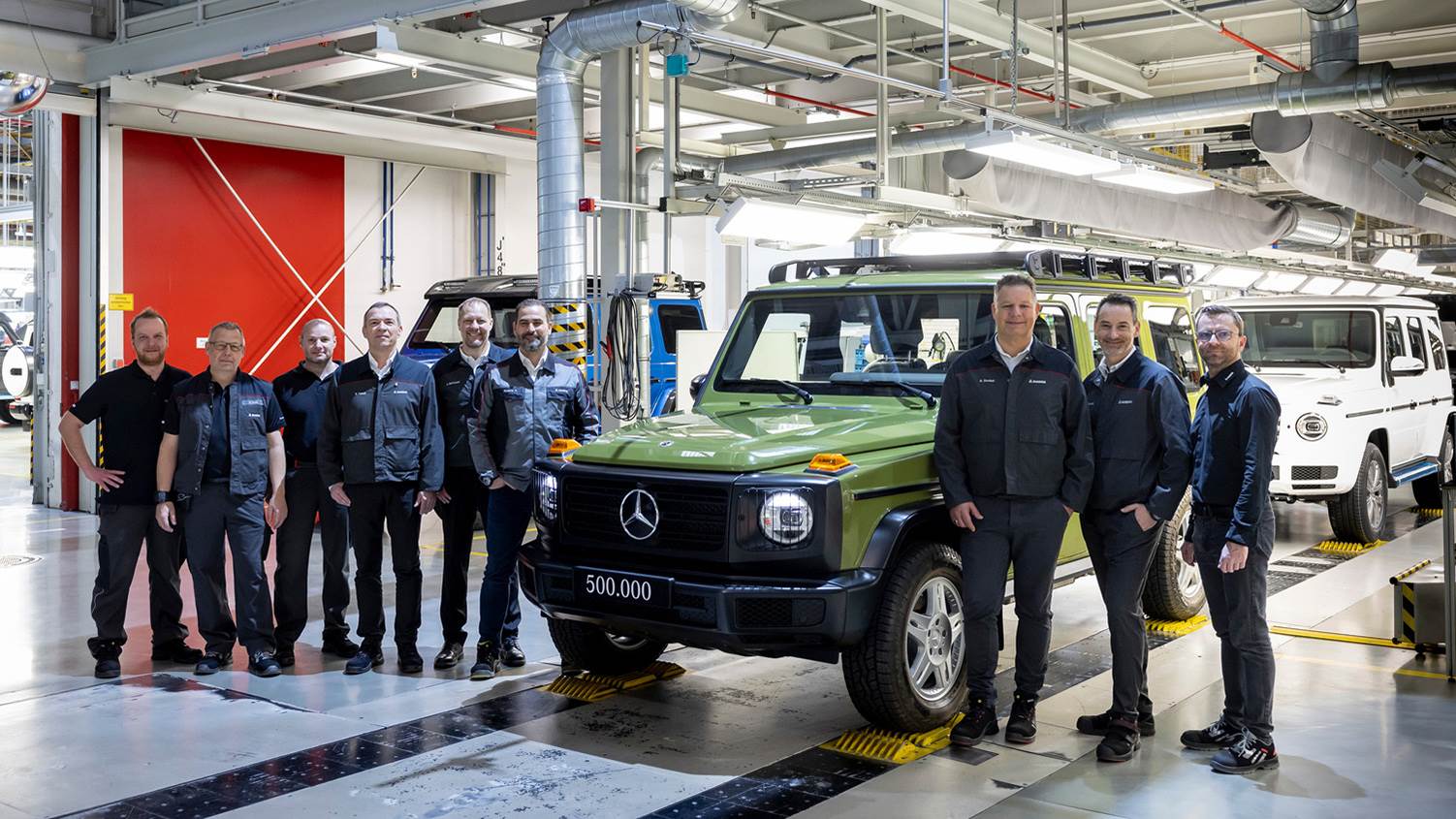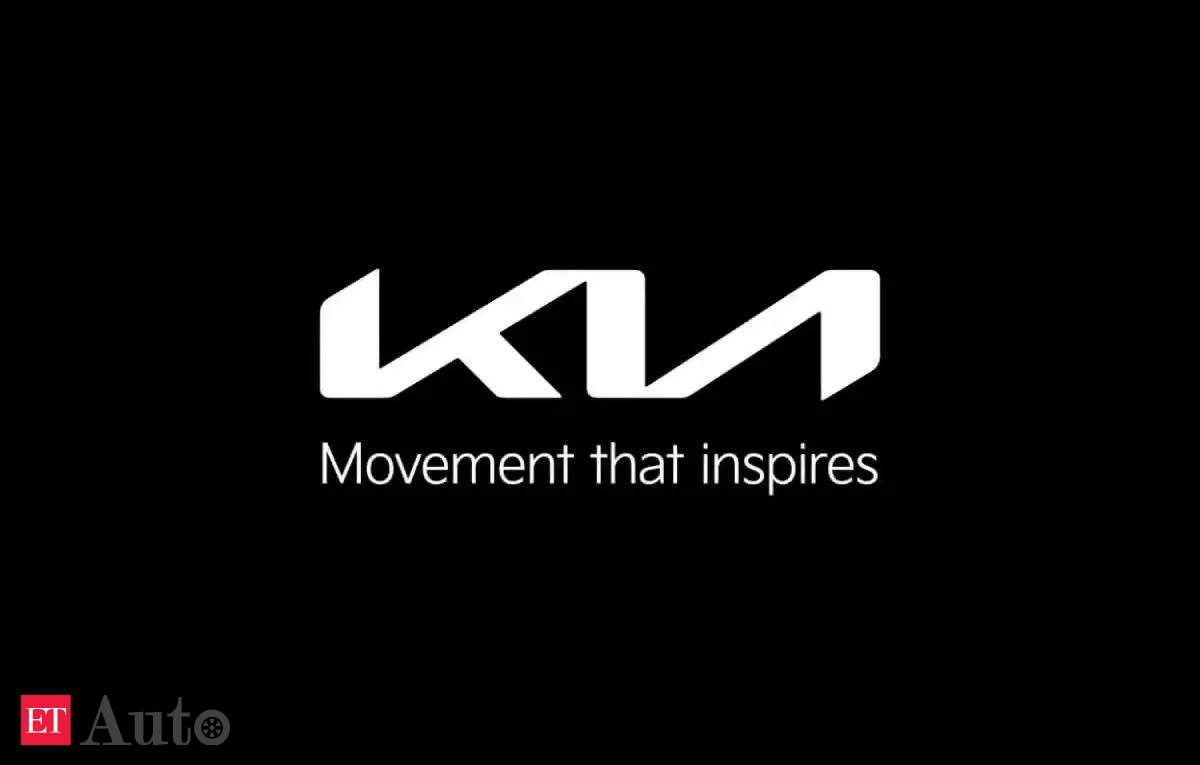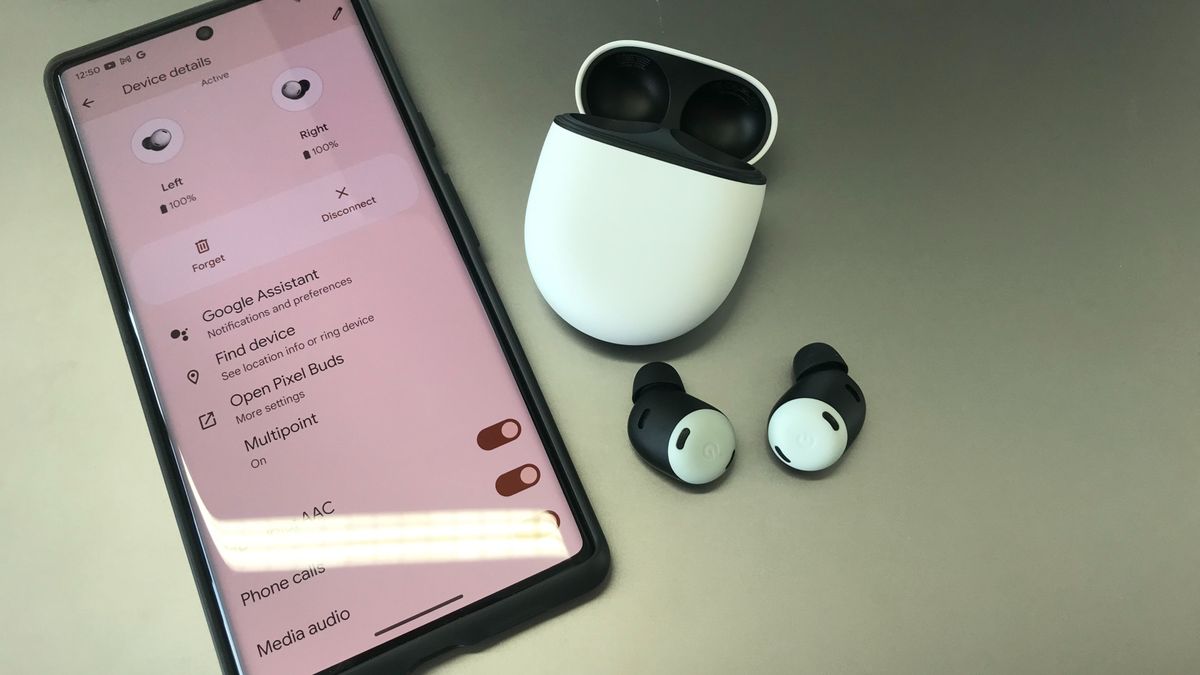Sibros Goes On E.Go Trip With German Urban EV Company

e.wave X battery electric vehicle produced by German company Next e.Go Mobile SE aimed at urban … [+]
Score another win for Sibros. The fast-growing Silicon Valley tech company and Next.e.GO Mobile SE announced a partnership Wednesday where the German urban electric car manufacturer will adopt the Sibros Deep Connected Platform for its new models.
Deep Connected Platform can be installed on any make vehicle providing the ability to perform over the air (OTA) software and configuration updates to every component, collect high-quality, event-driven data from the vehicle and transmit user-facing diagnostic commands that a service engineer could use to track down or repair a technical issue.
The partnership came out of meeting between the two companies earlier this year, according to Steve Schwinke, Sibros Vice President Customer Engagement. In an interview with Forbes.com he explained how that meeting resulted in the companies understanding each other’s goals and capabilities and how they were complementary.
Indeed, Schwinke said Aachen, Germany-based e.Go’s “fresh thinking” helped them understand the advantages of “embedded connectivity” including receiving instant feedback from a vehicle about issues rather than wait for the customer to report them.
Steve Schwinke, Sibros Vice President Customer Engagement
“Now you don’t have to wait for the customer to tell you about a design problem or a manufacturing problem,” said Schwinke. “You use connected vehicle technology to determine what’s going on. They saw we can log every signal from every electrical component on the vehicle, really understand that digital twin type of activity and use that feedback mechanism to improve their product almost immediately.”
The first e.Go vehicle likely to be equipped with Deep Connected Platform is the new e.wave X which was launched in October. The e.wave X is a purpose-built battery-electric car aimed at the urban mobility market. It features replaceable and recyclable polymer skins and smart and exchangeable batteries.
“The Deep Connected Platform helps dispatching the right software updates to the right vehicles in the entire fleet, at the most optimal time for our customers to receive it,” said e.Go Chairman Ali Vezvaei in emailed responses to Forbes.com questions. “This is of great value to users in the busy urban life as they do not need to drop by at a service station, but rather may obtain the most recent updates where convenient, for instance at home.”
Vezvaei added Sibros’s technology supports e.Go’s ambition to provide a fully customizable electric car, where functionalities can be unlocked at any time in the product lifecycle helping its customers to” perfectly adjust their vehicle to given circumstances.”
The two companies will present the e.wave X at January’s CES trade show in Las Vegas.
Initially available in Germany priced between 24,990€ ($25,823.67) and 29,790€ ($30,795.62) including 19{38557cf0372cd7f85c91e7e33cff125558f1277b36a8edbab0100de866181896} German VAT.
e.Go e.wave X electric car.
The intention is to build and sell the e.wave X in the United States at some point.
“The United States’ strong market development and favorable regulatory environment are great motivation for us in pursuit of our plans to explore establishing our proprietary Micro Factory and producing our connected and smart urban vehicles locally,” said Vezvaei.
For Sibros, this new partnership with e.Go caps off a year that saw the four-year old company enjoy landing important new customers and millions in funding from investors.
Earlier this year Sibros announced it had won $70 million in Series B funding led by Energy Impact Partners (EIP) with participation from Fontinalis Partners, Google, Iron Pillar, Qualcomm Ventures and existing investors Nexus Venture Partners and Moneta Ventures.
While much of Sibros’s business has been with mobility companies such as e.Go, India-based Bajaj Auto which is using Deep Connected Platform on its electric scooters and The Netherlands-based solar electric vehicle manufacturer Lightyear, bigger manufacturers are starting to show interest.
“We don’t have any announcements yet but we’re starting to break through,” teased Schwinke. “Eventually OEMs are all going to figure out their approaches are not correct…they just get stuck in their ways quite often and they keep trying to incrementalize their way and if you start from a bad position you can’t get there. You can’t manage the billions of software vehicle build combinations with their current approach so that’s why we’re getting more and more interest from what I would call the big OEMs that have been doing this for years.”
But Schwinke is quick to reinforce the enthusiasm he and Sibros have for working with a company like e.Go that produces electric vehicles aimed at promoting clean urban mobility.
“I’m really excited to work with e.Go, not just because of the technology but because they’re trying to make a difference and create a future we all want to live in.”







